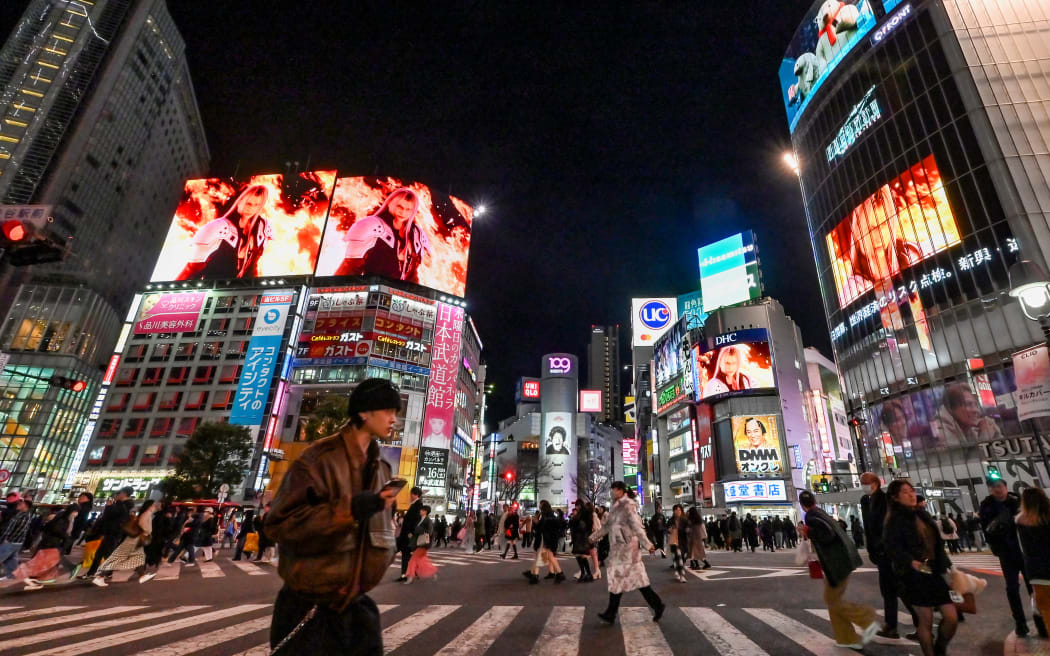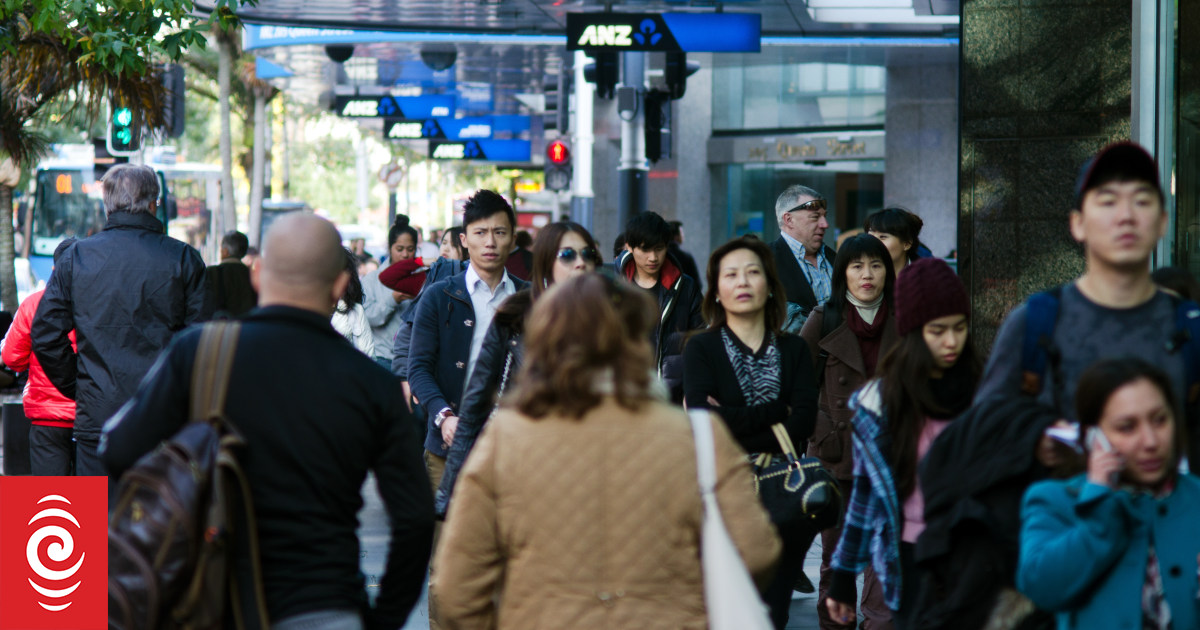Three-quarters of New Zealanders see Asia as important or very important to New Zealand’s future.
Photo: 123RF
A new survey shows India has overtaken Singapore as the third most important Asian country to New Zealand’s future, following China and Japan, yet sentiment towards China remains mixed.
The latest Perceptions of Asia and Asian Peoples survey, by the Asia New Zealand Foundation, showed Asia remained the second most important region to New Zealand’s future after Australia.
Three-quarters of New Zealanders saw Asia as important or very important to New Zealand’s future, an increase of three percentage points from 2022, the report showed.
Meanwhile, New Zealanders’ knowledge of Asia is at an all-time high, with 59 percent of respondents reported knowing “at least a fair amount” about Asia, comparing with only one-third (33 percent) considered themselves knowledgeable about Asia in 2013.
“The data shows a clear shift towards a more informed and engaged New Zealand public when it comes to Asia,” the foundation’s chief executive, Suzannah Jessep, said.
Jessep said the Asia region was going to be hugely consequential to New Zealand, judging from all metrics.
“Whether it’s technology, demographic change, trade, environment, politics, arts or sports. Asia has the demographic dividend, which means it is growing faster than most others and, therefore, it will likely shape the future trends that impact us most.”
With India now regarded as the third most important Asian country to New Zealand’s future, New Zealanders also expect India’s influence over New Zealand to rise in the next 10-20 years.
China is still seen as the Asian country with the most influence over New Zealand, with 82 percent of respondents seeing China having the greatest influence over New Zealand currently, and 73 percent expect it to stay that way in 10-20 years’ time.
However, sentiment towards China remained mixed, with 33 percent of respondents seeing China as a friend, and 32 percent regarding it as a threat.
The sentiment has warmed a little compared to the 2022 survey, where 30 percent of respondents saw China as a friend and 37 percent viewed China as a threat.
New Zealanders still view Japan as the country’s closest friend and partner in Asia, with warm people to people connections, high levels of trust, and strong levels of interest among New Zealanders.
Jessep said while trade continued to be a key area of focus when it came to Asia, younger New Zealanders were showing an interest forged through gaming, entertainment, online communities, music and videos.
Nearly six in 10 New Zealanders have visited Asia, primarily for leisure purposes.

New Zealanders still view Japan as the country’s closest friend and partner in Asia, a new survey shows.
Photo: AFP / Richard A. Brooks
Natasha Hamilton-Hart, director of the New Zealand Asia Institute at the University of Auckland Business School, said the interest in Asia had yet to be translated into more resourcing in Asia studies in New Zealand.
Jessep said the New Zealand government had a vision for Asia, including high-ranking officials’ visits to different Asian countries, but not much was being done domestically.
“We’re seeing declining number of opportunities as you work through the education system, so we’ve not yet seen the importance at that government level translate domestically into investment and Asian learning,” Jessep said.
“That’s something we observed and think that’s going to be something we have to grapple with, because it’s going to be so critical that we’re equipped to navigate Asia.”
The survey also showed most New Zealanders of Asian descent reported having skills which could help strengthen New Zealand’s relationships with Asia, but more than a third felt their Asian heritage had negatively impacted their own career development.
Professor Paul Spoonley said many Asian migrants, including Chinese, Filipino, Korean and Indian, felt frustrated as they came to New Zealand with good connections, skills and language, but they were often not recognised by their employers.
“They feel their overseas experiences and qualifications are discounted. They feel they experience various forms of discrimination from surnames and accent,” Spoonley said.
“A quite major task in front of us … is to help people settle in New Zealand and then to help New Zealanders to adjust to a more culturally diverse society.”
In addition, Māori respondents felt they had unique skills to help deepen New Zealand-Asia relations, and almost half of respondents felt young Māori were much more interested in Asia than previous generations.

